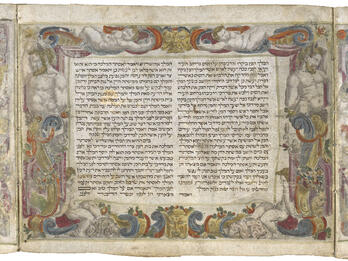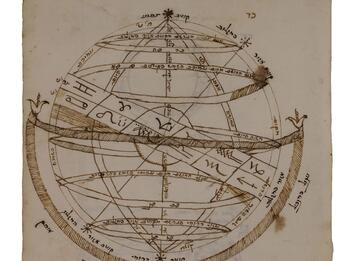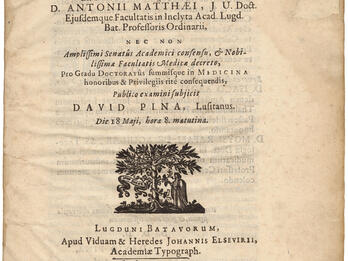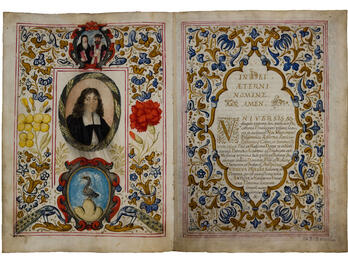Philosophia libera (Free Wisdom)
Isaac Cardoso
1673
To the Most Serene Prince and to the Most Honorable and Wise Senators of the Venetian Republic
Free Wisdom befits a Free Republic, most Serene Prince, most honorable Senators, whom Freedom of their spirits has rendered outstanding for preserving the security of their Fatherland. The same freedom, seated in noble minds, will open the way to dig…
Related Guide
Early Modern Trade and Mercantilism
International trade drove Jewish mobility during the age of mercantilism, as Jewish merchants formed wide commercial networks and partnerships and developed cosmopolitan attitudes that facilitated civic inclusion.

Related Guide
Early Modern Italy: Where East and West Meet
Ashkenazim, Sephardim, and Marranos encountered each other in Italian cities, developing community structures that later influenced Jewish communal organization throughout the western world.

Related Guide
Education and Scholarship
The early modern period featured educational reforms, anti-Christian polemics, and growing Jewish university participation.
Creator Bio
Isaac Cardoso
Born Fernando to a converso family in the village of Trancoso in Beira Alta, Portugal, Isaac Cardoso studied philosophy and practiced medicine in royal courts at Valladolid and Madrid. By 1648, he was living in Venice as a practicing Jew. From 1653, Isaac was a physician in the ghetto of Verona. His Philosophia libera (Free Wisdom, 1673) reflects his Iberian education. Later, following the rise of Sabbateanism—aided by his brother Abraham’s writings—which Isaac opposed, he denounced the study of non-Jewish science and philosophy, and published Las Excelencias de los hebreos (The Excellences of the Hebrews, 1679), an apologetic defense of Jews and Jewish theology.
You may also like
Letter to Johannes Bouwmeester
Letter to Hugo Boxel
Letter to Jarig Jelles

Disputatio medica inauguralis, de pleuritide (Inaugural Medical Discourse: On Pleuritide)



